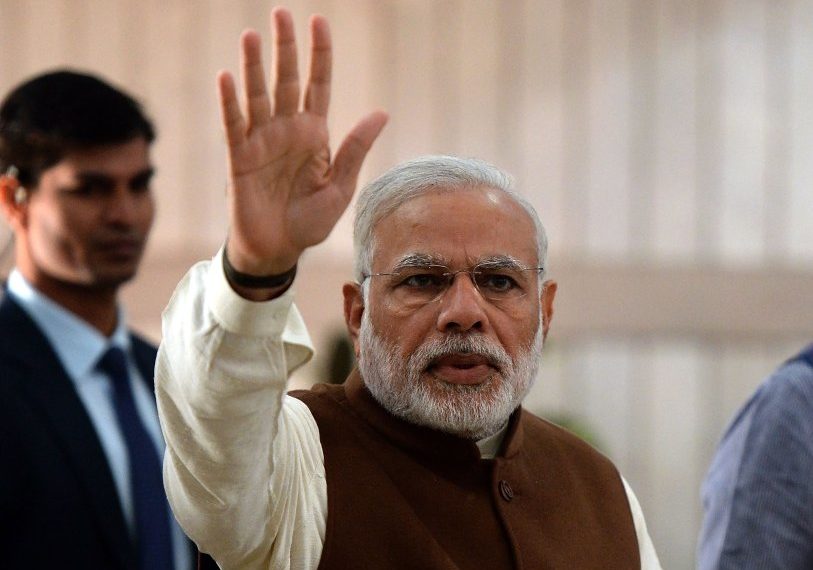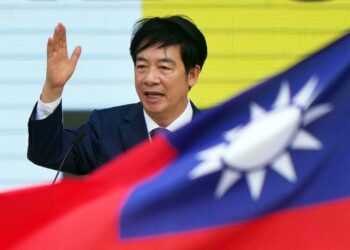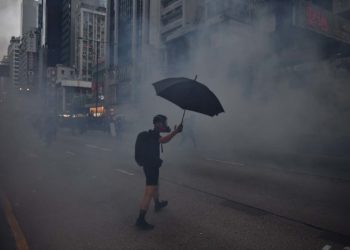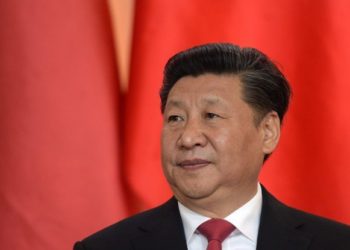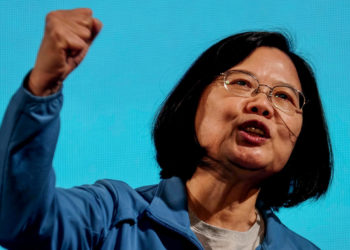India said Monday it would not join a sprawling Asian trade pact, dealing a blow to the China-backed deal at the end of a Bangkok summit held against a backdrop of global growth fears.
The Regional Comprehensive Economic Partnership (RCEP) was meant to account for 30 percent of global GDP and loop in half of the world’s people.
But India dug in over concerns about market access, fearing its domestic industries would be hit hard if the country was flooded by cheap Made-in-China goods.
“We have conveyed to the participating countries that we will not be joining the RCEP,” Vijay Thakur Singh, a senior diplomat in charge of East Asia for India’s foreign ministry, told reporters.
“Our decision was guided by the impact this agreement will have on the ordinary human beings of India and livelihood of people, including the poorest of the poor,” she said.
India's trade deficit with China has widened to nearly $63 bn in FY18. This comes at a time when regional powers are pressurising India to cut its import tariffs ahead of RECP Summit in Tokyo. @rituparnabhuyan gets more details. pic.twitter.com/hfBwboAeiG
— CNBC-TV18 (@CNBCTV18News) June 5, 2018
The 11th-hour pullout comes after days of late-running negotiations at the Association of Southeast Asian Nations (ASEAN) summit, which closed Monday.
The meeting was dominated by trade issues with RCEP front and centre backlit by the crippling US-China tariff war.
India’s decision is seen as a blow to the deal, which now includes all 10 ASEAN states plus China, Japan, South Korea, Australia and New Zealand notably excluding the United States.
The remaining members are aiming to sign it next year after reviewing an agreed draft text.
The news came after a full day of meetings at the summit, attended by the leaders of Japan, South Korea, and India, along with China’s premier.
Some leaders pushed back against protectionism amid fears Trump’s trade war with China could slow global growth to the lowest rate in a decade, according to an International Monetary Fund prediction.
“We need to protect the free-trade order…and bring the global economy back on track,” said South Korean leader Moon Jae-in.
The US-China spat has seen the two sides swap tariffs on billions of dollars worth of goods, though they have agreed to roll back some of the measures with a “first phase” deal that could be soon signed.
Treated Generously
Notably absent from the Bangkok talks were any top U.S. officials – Washington sent Commerce Secretary Wilbur Ross and National Security Advisor Robert O’Brien in lieu of President Donald Trump.
That decision raised diplomatic eyebrows and appeared to prompt several Southeast Asian leaders to skip a meeting with U.S. officials on Monday.
Just three leaders from the 10-member ASEAN bloc showed up to the session, along with a host of foreign ministers.
But O’Brien, Trump’s special envoy to ASEAN, shrugged off the apparent snub, describing “excellent conversations” with leaders.
“I was treated generously,” he told reporters.
O’Brien earlier read a letter from Trump inviting “the leaders of ASEAN to join me in the United States for a special summit” in the first three months of next year.
Trump attended the 2017 summit in Singapore and Vice President Mike Pence attended last year’s event in Manila.
But the Republican president could not come this year because he was busy with campaign events back home, a senior White House official said.
Trump’s administration is accused of retreating from Asia after he pulled out of the Trans-Pacific Partnership (TPP) slated to be the world’s largest trade pact before the withdrawal.
The U.S. leader has said he wants to pursue bilateral agreements over free trade accords to narrow trade gaps in the region part of his “America First” clarion call.
Open Door
Thailand handed over the ASEAN chair to Vietnam, where the RCEP deal could finally be signed, after years of gruelling negotiations.
A senior trade diplomat with knowledge of the negotiations said Indian Prime Minister Narendra Modi did not budge because he was under domestic pressure.
But the source held out the option that New Delhi could join at a “later date” even after it is signed if outstanding issues are resolved.
China’s deputy foreign minister Le Yucheng echoed the view.
“Whenever India is ready, it is welcome to get on board,” he said before Delhi confirmed its pullout.
Analyst Deborah Elms said the deal shows a commitment to “stabilizing trade in the region at a time of growing uncertainty.”
But “India will never get a better deal from the members than what they have already managed,” said Elms, director of the Asian Trade Center.
Southeast Asian leaders gather in Bangkok for three-day summit expected to be dominated by trade talks pic.twitter.com/eEGxMo8teD
— TRT World Now (@TRTWorldNow) November 3, 2019


